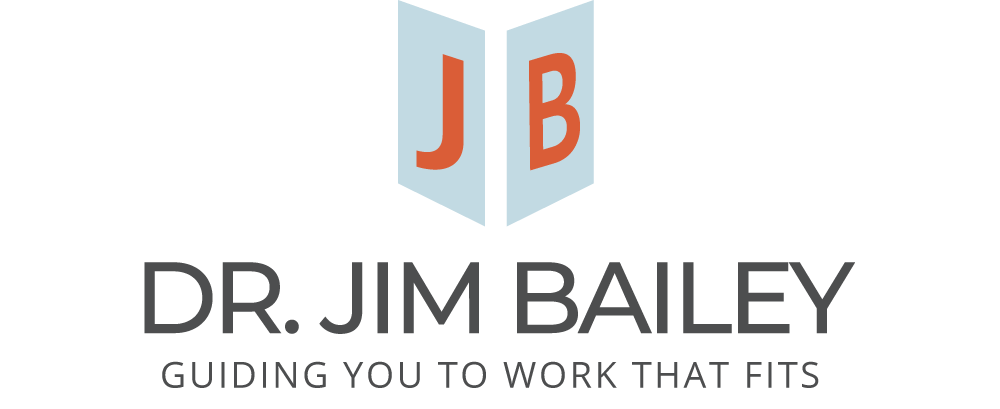Real Reasons People Quit Their Jobs
Dear Friends,
During and after the Pandemic a lot of people quit their jobs. As you might expect, quite a few (36 percent) left for higher pay and better benefits, but there are several reasons people quit that may surprise you. According to a McKinsey and Company survey, most people who quit jobs in the past two years have left because their job wasn’t providing the intangible things that give us a sense of purpose and meaning and make us feel fulfilled
They identified a lack of opportunities for personal growth (41 percent), uninspiring leaders (34 percent), a lack of meaning in their work (31 percent), and several aspects of workplace culture as significant reasons people sought alternative jobs. (The percentages totaled more than 100 percent because respondents could select multiple reasons for quitting.) The study provides concrete evidence that our society has all but dismissed the centuries-old notion that work is something you do to provide money for basic needs. More than ever, people are looking to their work to provide them with a sense of purpose, meaning and personal fulfillment. People want to play a significant role in something bigger than themselves.
It's been 13 years since Simon Sinek’s sensational TED talk “Start with Why” first hit the internet. Now at well over 25 million views and a best-selling book, Sinek’s talk struck a chord when he proposed that people want a purpose in their work – something they believe in and can feel good about supporting. He noted that great leaders clearly communicate the cause that drives them or their business and that employees who share enthusiasm for that cause are great drivers for innovation and product sales. People enthusiastically rally behind a “Why” when they sense opportunities to play a role in something bigger than themselves.
When people can’t find purpose, meaning and personal fulfillment in their work they start looking elsewhere – usually to pleasure or distractions. I have a young married friend who, along with his wife, has vowed to work only enough to take care of their basic financial needs. The couple view the thirty-two or forty-hour work week as an old-fashioned idea that will prevent them from attaining a sense of purpose and meaning. They view their avocational interests and pursuits as having greater potential for personal satisfaction than what they can attain through employment. In other words, they believe their hobbies are more likely to make them happy than their jobs, so that’s where they invest their time.
As a Career Coach (and average human) I understand the desire to find enjoyment in our work, but purpose and meaning aren’t the same thing as enjoyment. Often the things that bring the greatest sense of meaning in life require hard work and sacrifice and come with, as my grandfather once told me, “a bit of manure to shovel”. But hard work and sacrifice are easy to do if we have a greater sense of purpose in the work we’re doing. For example, people who have great marriages or who have invested their time and energy into being great care-givers for their children or parents are usually quick to acknowledge that it’s hard, exhausting and, often, thankless work. But, they’ll also tell you it’s the most rewarding thing they’ve ever done. In the end, difficult and unpleasant things are potentially the most worthwhile if we have a sense of higher purpose in that work. It’s a counter-intuitive return-on-investment (ROI) proposition that most people don't consider.
As we venture into the unknown potential of 2023, rather than making rash decisions about resolutions we may soon break, I encourage you to consider identifying three places or causes worthy of investing your time and energy because they hold the greatest potential for you to find a sense of purpose and meaning. They may be personal (your marriage, friendships, your health, your spiritual life) or vocational/avocational (your work, your volunteer activities, a passion you’ve neglected). After you write these down, consider what daily, weekly, monthly or yearly actions or activities will be required to make the impact you desire. “All successful people take action”, so your next step will be to determine what actions (regardless of their size) will move you incrementally toward attaining that impact. Focus on taking the action steps and not the outcomes, and when 2023 comes to an end you may be pleased to find you lived a year driven by your own personal “Why”.

